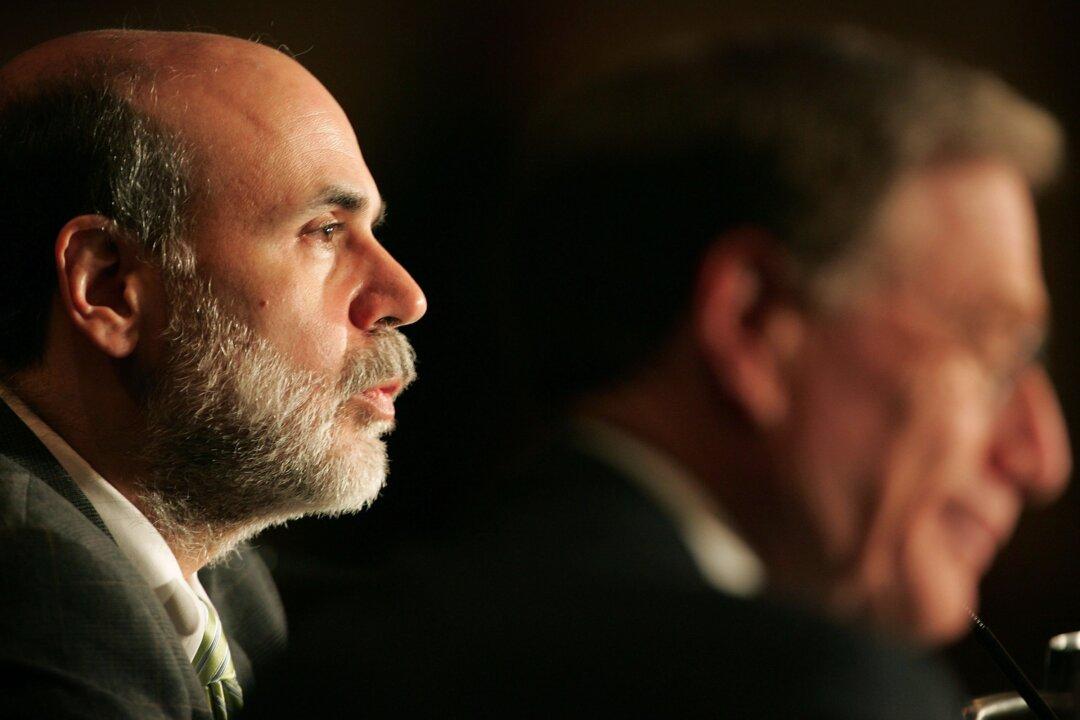After testing the waters with giving speeches at $200,000 a pop and becoming a fellow (and blogger) at the Brookings institution, former Fed chairman Ben Bernanke decided it was time for something serious.
One thing is for sure: Despite only being an advisor, he will make some serious money giving advice to Citadel LLC, a Chicago based hedge fund.
Bernanke didn’t really want to tell how much he is going to make, but one can be sure while the hourly wage will be lower than that of his speaking engagements the annual compensation will be higher.





